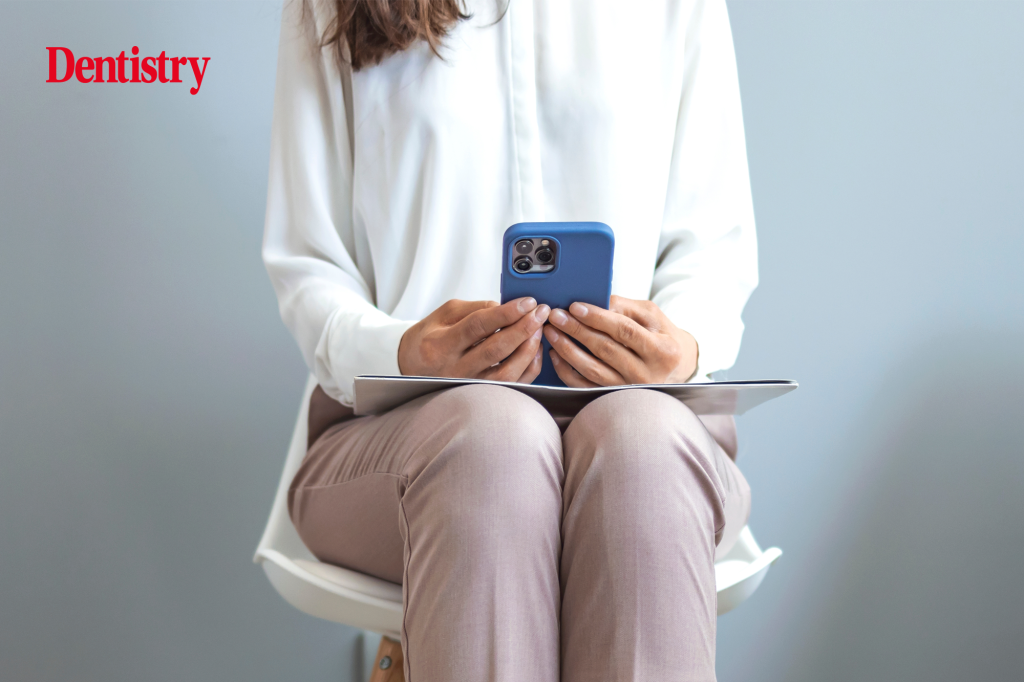
Trials of a new app have shown promise in combatting dental fear from home using the principles of cognitive behavioural therapy (CBT).
Dental Fearless is a new smartphone app created by the NYU College of Dentistry and Penn School of Dental Medicine. It uses the ‘active ingredients’ of CBT and mindfulness in a series of engaging activities to treat dental fear.
In a pilot study, 48 participants with moderate to severe dental fear tested the app before their next dental appointment. Half of the participants (49%) reported that they were no longer fearful, and 97% said they could handle the discomfort of the visit. Most (85%) said their appointments had gone better than expected.
‘The cycle of fear’
Richard Heyman is a clinical psychologist and principal researcher behind the app. He said that while dental fear is often treated using anti-anxiety medication and sedatives, CBT could be more effective.
He said: ‘Receiving sedation or anti-anxiety medication can signal to a fearful patient that they can’t handle seeing the dentist without this help, which perpetuates the cycle of fear, avoiding the dentist, and then having more serious problems to address.’
Dental Fearless guides users through educational materials such as coping strategies to use while at the dentist. These include breath work, muscle relaxation, communication skills and challenging negative thoughts. Users also have the opportunity to practice these skills and create an action plan for their next appointment.
Patients who are still experiencing fear after completing the app are invited to a zoom session with a mental health practitioner. The hour-long session is targeted to their specific needs and can include a simulated visit to the dentist.
‘Accessible and affordable’ treatment of dental fear
The researchers suggest that CBT is rarely incorporated into dental practice due to financial or logistical barriers. The app format allows the therapy to be provided in an accessible and affordable format from home.
‘For an intervention that only takes one or two hours and can be done from home, it was remarkable to see that fully half of the participants in the pilot study were no longer afraid of going to the dentist,’ said Kelly Daly, project director.
The developers hope that treating dental fear in this way will improve oral health outcomes, as those with dental fear are more likely to skip regular dental visits.
Mark Wolff is dean of the Penn School of Dental Medicine and a principal investigator on the project. He said that avoiding routine dental care leads to ‘more instances of pain, infection and broken teeth. This means the need for more dental work, which all results in more fear’.
He continued: ‘Learning to manage one’s fear of dental care and the dentist is the only answer to improving oral health.’
The app will now be tested in a larger national study. The researchers will also study the potential uses of virtual reality as an add-on to the app. They hope to develop a toolkit which private dental practices can adopt to treat fear among their patients.
Follow Dentistry.co.uk on Instagram to keep up with all the latest dental news and trends.


